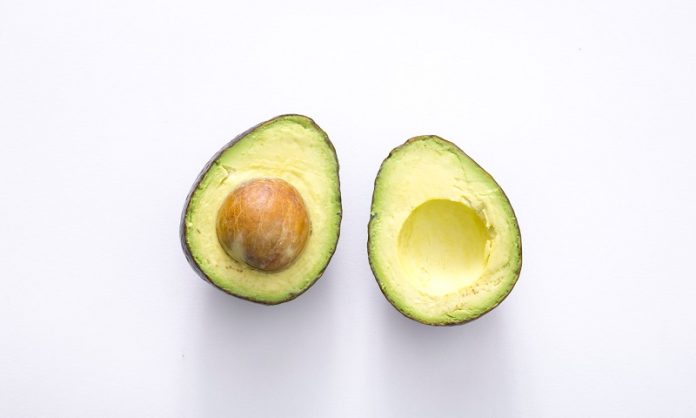
Colorectal cancer is a disease in which cells in the colon or rectum grow out of control. Sometimes it is called colon cancer.
The colon is the large intestine or large bowel. The rectum is the passageway that connects the colon to the anus.
Sometimes abnormal growths, called polyps, form in the colon or rectum. Over time, some polyps may turn into cancer.
Lifestyle factors contributing to an increased risk of colorectal cancer include lack of regular physical activity; A diet low in fruit and vegetables; A low-fiber and high-fat diet, or a diet high in processed meats; Overweight and obesity; Alcohol consumption; Tobacco use.
Cigarette smoke contains many oxidants and free radicals that may affect the association between vegetable and fruit intake and colorectal cancer risk.
However, this association remains unclear.
In the current study, researchers aimed to examine the associations between vegetable and fruit intake and colon cancer risk by smoking status.
They used data from the Japan Public Health Center-based Prospective Study.
Participants completed a self-administered questionnaire in 1995-1999 (baseline survey) and were followed through to 2013.
The baseline survey included 89,283 residents (41,797 men and 47,486 women) aged 45-74 years. Participants were asked about their lifestyle and dietary habits.
The researchers examined the association of vegetable and fruit intake with the risk of colon cancer. They also analyzed the link between vegetable and fruit intake and colon risk stratified by sex and smoking status.
The team found during follow-up, 2261 people were diagnosed with colon cancer. Overall, vegetable and fruit intake were not linked to colon cancer risk in either men or women.
However, they found men who were never smokers and with a higher intake of vegetables and fruit combined and fruit alone had lower risks of colon cancer.
Based on the findings, the team concludes that cigarette smoking may affect the link between vegetable and fruit intake and colon cancer risk among men.
The research was published in The European Journal of Clinical Nutrition and conducted by Miyuki Hori et al.
Copyright © 2023 Scientific Diet. All rights reserved.





